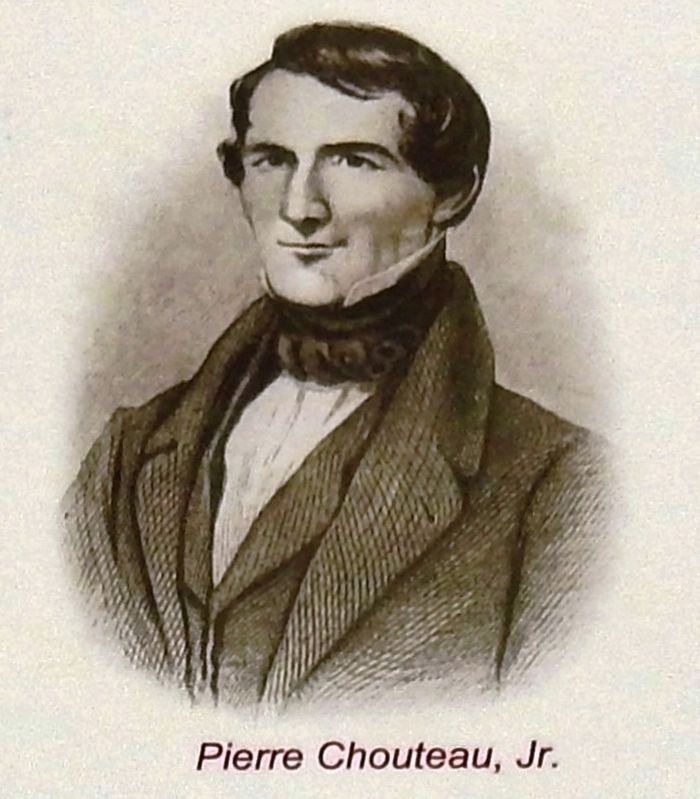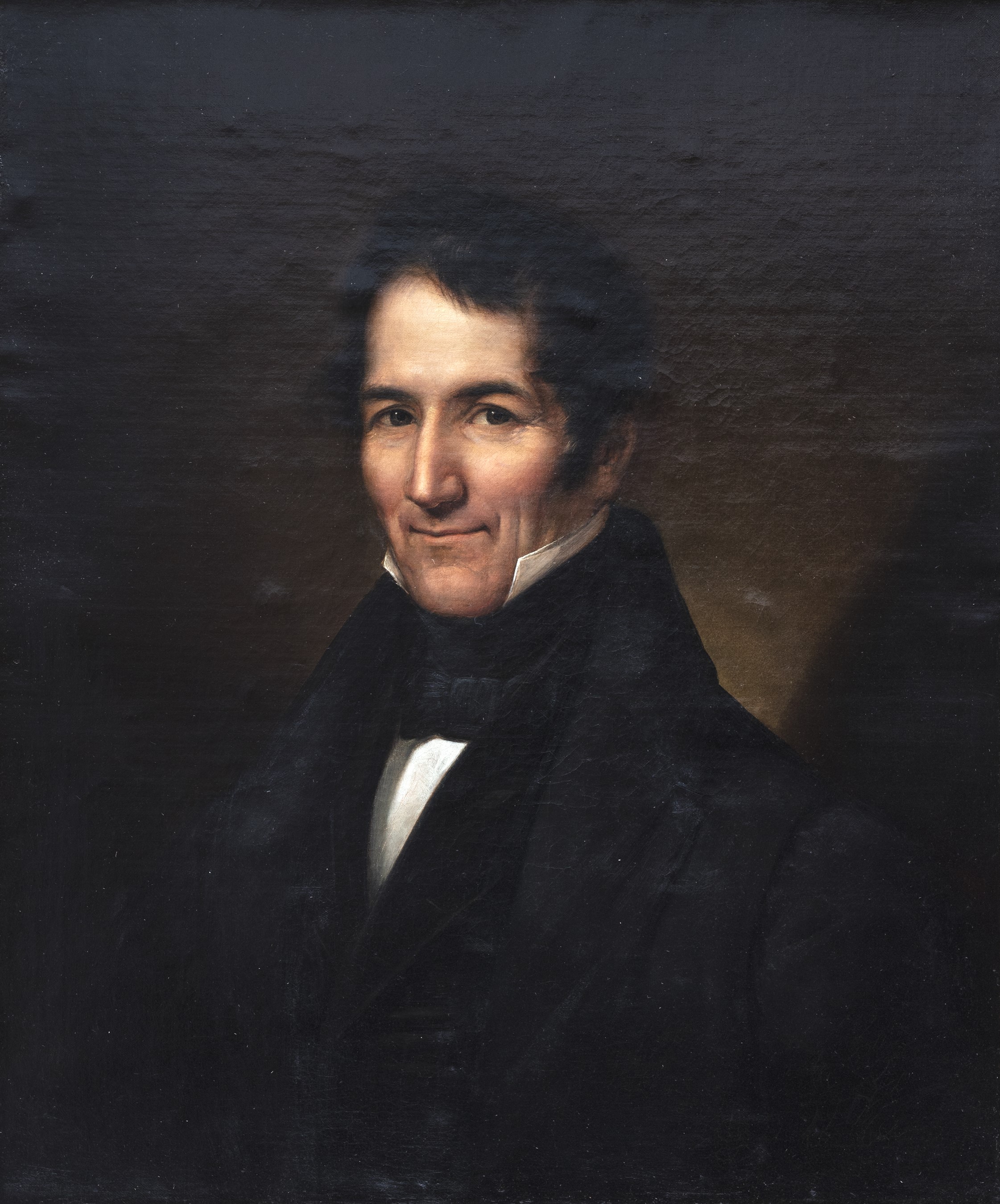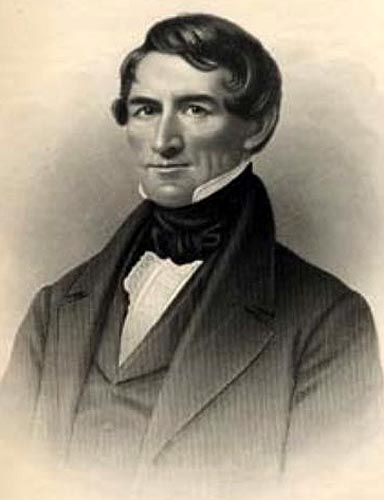
The Enduring Echoes: How Legends and Commerce Forged the American Soul
America, a nation forged in revolution and expansion, is as much a tapestry of stories as it is of land and people. From the rugged individualism of the frontier to the collective anxieties of modernity, legends have always served as the soul-stuff of the nation, shaping its identity, reflecting its aspirations, and echoing its deepest fears. These aren’t just quaint folktales; they are vibrant narratives, often blurring the lines between fact and fiction, that reveal the spirit of a people grappling with a vast, untamed continent and the relentless march of progress. And at the heart of this legendary landscape, sometimes in plain sight, sometimes in the shadows, stood figures of immense real-world impact, men like Pierre Chouteau Jr., whose pragmatic empire-building inadvertently laid the very groundwork for many of these enduring myths.
The American legend begins, perhaps, with the land itself: an immense, awe-inspiring wilderness ripe for both exploitation and wonder. The early colonial period saw the birth of cautionary tales and tall tales, often brought from Europe but quickly adapted to the new environment. Yet, it was the westward expansion, the relentless push across mountains and prairies, that truly became the crucible for American mythology. Here, the sheer scale of the challenges – hostile environments, indigenous populations, the vastness of the unknown – demanded heroes.
These heroes often began as flesh-and-blood individuals, their deeds exaggerated and embellished with each retelling, until they transcended their mortal forms. Daniel Boone, the archetypal frontiersman, became synonymous with the fearless pioneer, blazing trails through Kentucky’s wilderness. His exploits, though rooted in reality, quickly became larger than life, embodying the courage and self-reliance necessary for survival on the edge of civilization. Similarly, Davy Crockett, the "King of the Wild Frontier," transformed from a Tennessee politician and skilled hunter into a legendary figure whose coonskin cap and bear-killing prowess symbolized the rugged spirit of the American backwoodsman. These were men who, through their actions and the stories spun around them, became avatars of a nascent national identity.

But behind the romanticized image of the lone pioneer or the daring explorer, there was a complex web of commerce, logistics, and power that made such expansion possible. This is where the story of Pierre Chouteau Jr. becomes indispensable. Born into a prominent St. Louis fur-trading family in 1789, Chouteau Jr. inherited not just a business, but a vision for the economic exploitation of the vast American West. He was no buckskin-clad frontiersman; he was a shrewd businessman, an astute negotiator, and a master of logistics whose operations stretched across thousands of miles, from the Great Lakes to the Rocky Mountains.
Chouteau Jr. became a dominant force in the American fur trade, particularly after John Jacob Astor’s American Fur Company acquired his family’s interests in the region. He ultimately rose to become a partner and then the principal manager of the Western Department of Astor’s company, effectively controlling the entire fur trade of the Missouri River valley and beyond. His network of trading posts, steamboats, and alliances with Native American tribes formed the circulatory system of the early American West. While legends spoke of solitary trappers braving the wilderness, it was Chouteau’s organized enterprise that supplied them, transported their furs, and facilitated the very infrastructure that allowed these adventurers to exist.
As historian David J. Wishart notes in "The Fur Trade of the American West," men like Chouteau were "the true titans of the frontier," whose "capital, organization, and political influence shaped the direction and pace of westward expansion more profoundly than any individual trapper or explorer." Chouteau Jr. understood the raw, pragmatic reality of the West: it was a place of immense natural resources waiting to be harvested and transported to Eastern markets. He was instrumental in introducing steamboat navigation on the Missouri River, a technological leap that revolutionized the fur trade, making it faster, more efficient, and more profitable. This innovation, while seemingly mundane compared to a tall tale, was a monumental step in conquering the vast distances that fueled many frontier legends.
Consider the legendary figures of the "mountain men" – Jedediah Smith, Jim Bridger, Kit Carson. These were the men who explored the untamed Rockies, discovered passes, and lived lives of incredible hardship and adventure. Their stories, often embellished, became the stuff of legend. Yet, these very men were often employed by, or traded with, companies like Chouteau’s. He provided the guns, the traps, the supplies, and the market that made their dangerous endeavors economically viable. Chouteau wasn’t generating legends of superhuman strength, but he was enabling the real-life exploits that became legends. He was the invisible hand of commerce that supported the visible heroes of the wild.
The impact of Chouteau Jr.’s enterprise extended beyond the fur trade. His network of contacts and his unparalleled knowledge of the vast interior were invaluable to the U.S. government. He advised military expeditions, helped negotiate treaties with Native American tribes, and facilitated scientific explorations. The very routes and knowledge he helped establish would later be used by settlers, prospectors, and the burgeoning railroads, further pushing the boundaries of the known world and creating new landscapes for legend.
As the frontier evolved, so did its legends. The figures shifted from the individualistic frontiersman to collective archetypes representing specific American endeavors. Paul Bunyan, the colossal lumberjack with his blue ox Babe, emerged from the logging camps of the Great Lakes and Pacific Northwest. He personified the immense strength and tireless labor required to clear forests and build a nation, a mythical figure whose feats dwarfed any real-world logging operation, yet captured its essence. John Henry, the "steel-driving man," whose epic contest against a steam drill encapsulated the struggle of man versus machine, spoke to the arduous task of building railroads that stitched the continent together. Johnny Appleseed, the gentle pioneer who spread apple seeds across the Midwest, became a symbol of peaceful settlement and the domestication of the wild. These were not historical figures in the traditional sense, but cultural composites, born from the collective experiences of generations of working-class Americans, giving voice to their triumphs and tribulations.
Even as America moved beyond its agrarian and industrial phases, the impulse to create and share legends persisted. The vastness of the continent, once a source of wonder and fear, continued to harbor mysteries. Cryptids like Bigfoot in the Pacific Northwest, the Mothman in West Virginia, or the Jersey Devil in the Pine Barrens speak to a modern America that, despite its scientific advancements, still yearns for the unknown, for wild places where the rational gives way to the inexplicable. Urban legends, too, thrive in contemporary society, reflecting anxieties about technology, crime, and the changing social fabric.
What unites all these legends, from Daniel Boone to Bigfoot, and what connects them to the real-world machinations of a man like Pierre Chouteau Jr., is their fundamental role in making sense of America. Chouteau Jr. was not a myth-maker in the traditional sense; he was a reality-shaper. His vast commercial empire, built on keen business acumen and relentless expansion, was the physical manifestation of the drive that propelled Americans westward. He established the channels through which goods, people, and eventually, stories, flowed. His practical, profit-driven endeavors created the very stage upon which the more colorful, often exaggerated, dramas of American legend could be performed.

The legends of America, then, are not just entertaining tales; they are the narrative bedrock of a nation. They tell us about courage, perseverance, ingenuity, and the enduring human desire to find meaning in the world. And while the mythical figures capture our imagination with their superhuman feats, it is important to remember the real figures like Pierre Chouteau Jr., whose tireless work and strategic vision provided the concrete, often gritty, foundation upon which the grand edifice of American legend could be built. He may not have appeared in a tall tale, but his influence on the American story is as profound and indelible as any mythical giant, for he helped pave the way for the legends to take root and flourish. The echoes of the past, both real and imagined, continue to resonate, reminding us that America’s soul is forever intertwined with its stories.


